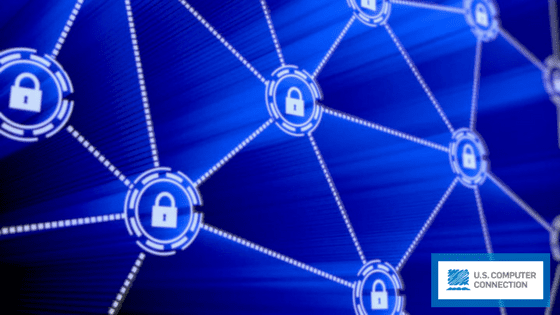Certain types of fraud crimes should be reported directly to the U.S. Secret Service (USSS). Many recognize the agency by its most visible role, protecting the President of the United States and other key political figures. But, it still has a responsibility to safeguard the financial institutions and systems of the United States from fraud threats per its original mission.
The USSS always cooperates with other local and federal law enforcement agencies to investigate suspected serious fraud crimes. They maintain field offices throughout the United States in order to spread their resources and oversight. The USSS also operates several field offices abroad. You can identify your nearest field office by typing your city or ZIP code into the USSS website.
Learn what cyber security fraud threats and other crimes fall under the jurisdiction of the U.S. Secret Service, and how to report these crimes to the USSS.
What Crimes Does the U.S. Secret Service Investigate?
In 1865, rampant counterfeiting had taken its toll on the U.S. economy and the stability of U.S. currency. An estimated one in three bills circulated after the Civil War was likely to be counterfeit. Threatened with a complete collapse of the American dollar, the Secret Service was established as an arm of the U.S. Treasury to root out counterfeiting and other forms of forgery and fraud.
The USSS office would slowly grow to fill in roles for gathering intelligence, running counterintelligence measures and other financial crimes. Other agencies like the FBI, CIA and the IRS slowly took over the USSS roles while the Secret Service shifted its mission to also guard against threats upon critical U.S. personnel.
Yet, the agency still maintains investigative resources, well-trained agents and federal jurisdiction for major fraud crimes. This role was expanded in 1995 with the creation of the USSS Electronic Crimes Task Forces (ECTF). The agency still maintains the Financial Crimes Task Force (FCTF), which helps coordinate investigations of possible threats against U.S. “financial payment systems and critical infrastructures.”
Crimes to report include:
- Counterfeiting, either of paper money, coinage or electronically stored currency
- Forgery
- Identity fraud
- Fraud involving federally insured financial institutions
- Theft of U.S. Treasury checks, bonds, and securities
- Credit card fraud
- Telecommunications fraud
How to Report Fraud and Other Crimes to the USSS
First, you need to identify your nearest USSS field office to determine their contact information. You will be given the office’s phone number for direct contact. The Secret Service prefers that you do not email them with tips or crime reports since it will likely result in delays. If you do not wish to speak with the USSS on the phone, you can send them a letter at:
U.S. Secret Service
Office of Government Liaison & Public Affairs
950 H Street, N.W.
Suite 8400
Washington, DC 20223
Before reporting the crime or suspected crime, write down exactly what information you will be sharing. Account for each possible piece of evidence you may have in your possession or know the direct location of.
The information you reveal to the USSS will likely be shared with local, state and federal law enforcement. You may be contacted by these agencies, especially your state’s respective Bureau of Investigation. You may choose whether or not to cooperate with these investigations following your report, but cooperation can help the investigation proceed more effectively.
Protecting Your Business From Cyber Security Fraud Threats
Whether coming from inside the company or as an outside attack, fraud can easily undermine your operations and financial stability. The best method for combating these crimes is proactive monitoring and prevention.
With comprehensive business cyber security services in Connecticut from U.S. Computer Connection, you can enhance your organization’s internal protections while monitoring for suspicious activities and threats. Reduce the chances of internal malfeasance, and protect from external threats when you contact a cyber security consulting company today.

